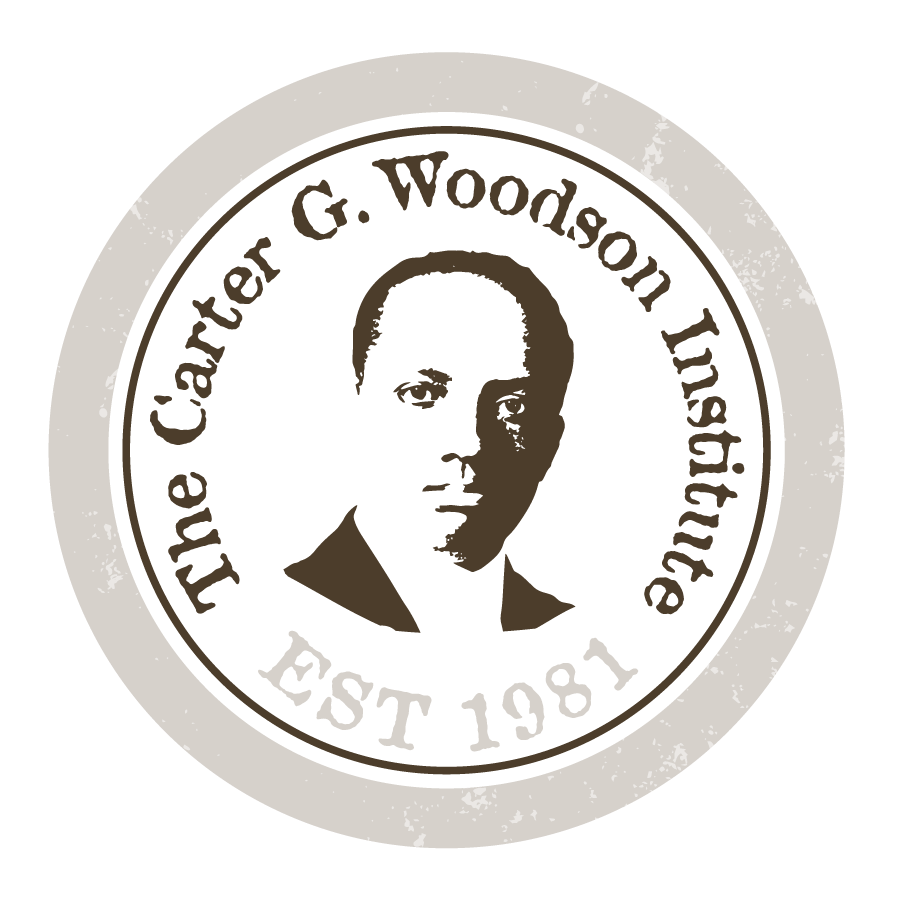African Studies Colloquium Lecture: Mary Hicks PhD Candidate-- University of Virginia Department of History
Notions of African Sovereignty in Post-Slave Trade West Africa
Violence, Political Sovereignty and the British Suppression of the Slave Trade on the West African Coast, 1811-1825
Recently, a growing number of historians have interrogated the numerous commercial, political, and ethical ramifications wrought by Great Britain’s 1807 unilateral decision to spearhead a military and legal effort to end to the trans-Atlantic slave trade. As both Robin Law and Christopher Brown have argued, the zealousness of British abolitionist efforts on the West African coast were intimately linked to colonization schemes which aimed to both aggrandize British power abroad, and civilize African polities increasingly perceived as economically antiquated and morally corrupt. Few scholars, however, have placed Africans and their activities at the center of this narrative. As my presentation will show, British privateers and naval vessels increasingly utilized a “judicious mixture of bullying and bribery” to suppress the trans-Atlantic slave trade. This conversion in policy led to a diminished recognition and observance of the territorial and commercial sovereignty for West African polities located along the Gold and Slave Coasts. In the trading ports frequented by Portuguese and Brazilian slavers, including Porto Novo, Whydah and Onim, British anti-slaving vessels violently seized suspected slaving ships and their crews (many of whom were African-born, enslaved seamen) and fired on African port communities as they abetted foreign slavers. These maritime battles were un-sanctioned by the customary rights recognized for both European and African polities derived from the “Law of Nations,” which protected rulers and sovereign people’s ability to conduct their own commerce unimpeded by outside nations, except during times of war. My paper explores the legal contradictions and ironies of Britain’s early anti-slaving activities for West African commercial port communities, especially the role that violence played in coercing compliance of the suppression of the trade. Furthermore, British perceptions of African sovereignty during this period underwent an acute transformation from the eighteenth century—during which intense British slave trading conducted at these same coastal communities operated under the implicit recognition of African rulers’ lawful right to sell their own subjects as slaves. In the years following prohibition, British administrators, politicians and naval officers repeatedly ignored the autonomy and agency of slave trading African rulers. Furthermore, as my paper argues, British military and diplomatic power after 1811, increasingly undermined African attempts to employ European legal theory to protect their participation in a trans-Atlantic slave trade which continued to be highly profitable to a small number of West African merchants.
299A New Cabell Hall
Free and open to the public.






